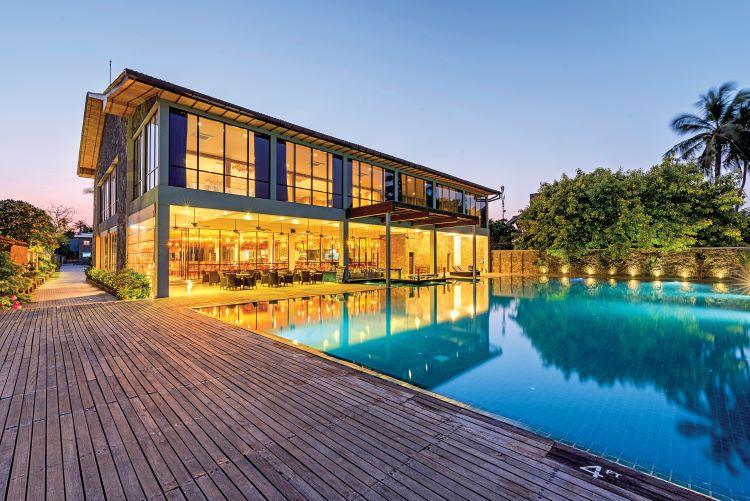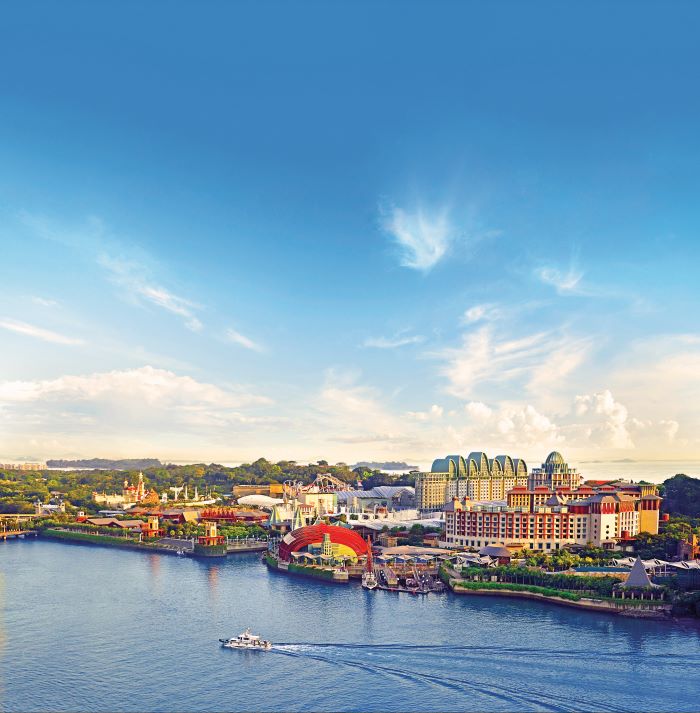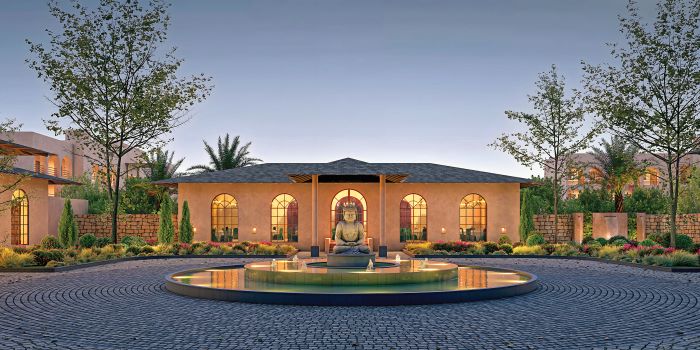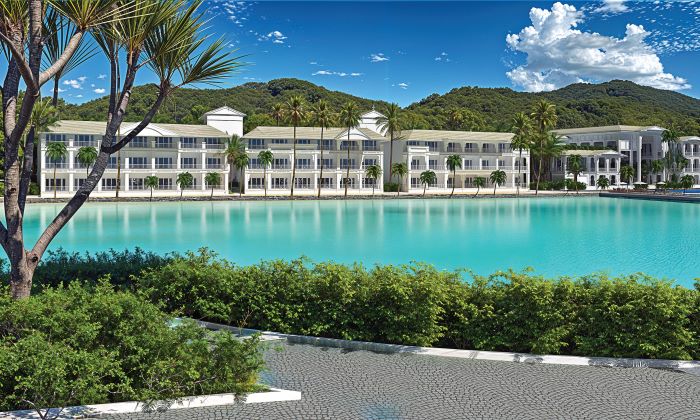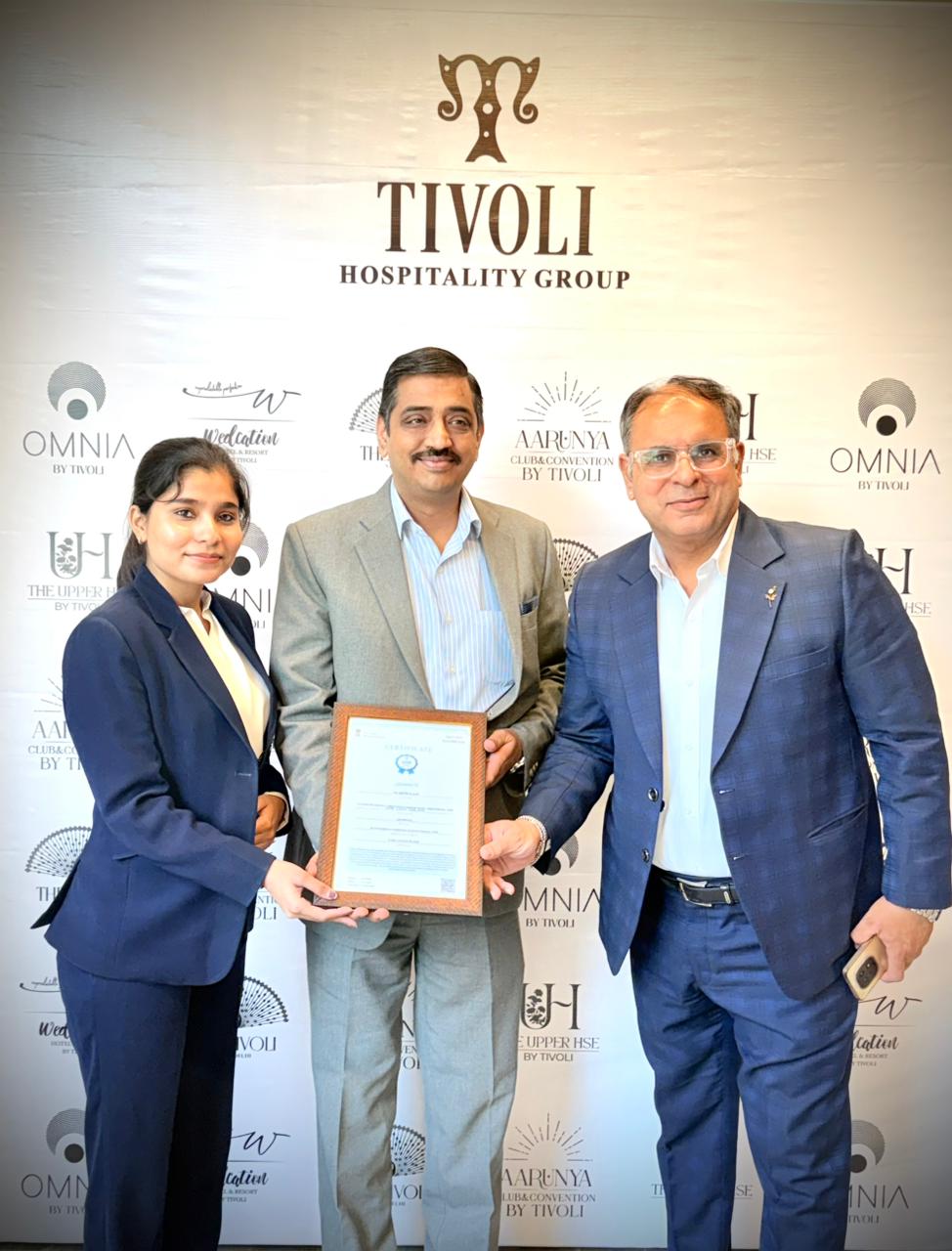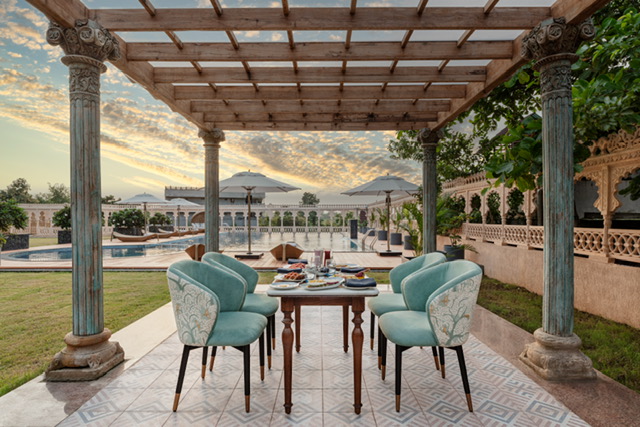What is driving the momentum in the mid-scale hotel segment? Arjun Baljee weighs in on the strength of staying truly homegrown.
Lipla Negi
While many drift with the current, it is the daring few who sail against it and steer success their way! In an age where alliances are currency, Royal Orchid Hotels is doubling down on independence. With a firm belief in its homegrown strength, Arjun Baljee believes that being one of the last standing India hotel brands gives them a distinct edge in the mid-segment market. “If you look at this segment specifically, most Indian brands have been acquired or absorbed. Ferns is now with Marriott, Sarovar hotels is owned by Louvre. That leaves very few Indian hotel brands of scale that are still Indian-owned and Indian-run,” he said. To him, it is a distinctive position to hold at time when most global chains are aggressively expanding in India through strategic alliances.
Realigning for results
With a focused restructuring strategy, the Bengaluru-based hospitality group is positioning itself as one of the few remaining Indian-owned players in the mid to upper mid-scale space. “Last year, we decided to segment our portfolio across five brands,” Baljee said, “One (RE:GEN:TA) is already well-established, another (ICONIQA) is currently being launched, two sub-brands (RE:GEN:TA Z and RE:GEN:TA: Place) are gaining strong momentum, and a fifth (Crestoria)—targeted at leisure and experiential travel—is in the pipeline.”
Arjun Baljee recognises that hospitality is entering a new era, driven by the evolving preferences of Gen Z travellers. As the lines between business and leisure blur, hotels are no longer just destinations—they are becoming seamless extensions of a modern, fluid lifestyle, and that’s exactly how he has envisioned his latest brand — Iconica a 291-keys category-defining hotel in Mumbai, both in scale and vision.
Baljee refers to it as ‘a state of mind’. “Iconica is not confined to one format. It can be a city hotel; it can be a resort. It is about intention and identity,” he explained. “When you walk into Iconica, you won’t be walking into a traditional lobby—you will be walking straight into a bar. That bar becomes the heartbeat of the hotel, a vibrant community hub. We still have a front desk and all the essentials, but we want this to be a social hotel.”
Crestoria, on the other hand, is envisioned as a collection of such storied, character-rich hotels across the country—properties that carry emotional and historical significance, and that require a different kind of operational mindset. “There are hotels within our current portfolio that are perfect candidates to be elevated into the Crestoria collection,” he added. “But these cannot be run like standard business or leisure hotels. They demand a different kind of management bandwidth. They need to be treated with respect—for their heritage, architecture and location.”
Holding the reigns
Having his next milestones in clear sight, he noted that Royal Orchid is already within striking distance of ₹100 crore in EBITDA, having closed at ₹96.8 crore. “Right now, we are at a topline of around ₹350 crore. Mumbai alone should add another ₹100 crore and stabilise somewhere between ₹120–140 crore. Add to that the upcoming flexi-lease hotels, and we are realistically targeting ₹500 crore in revenue in the near term.”
The team is advancing with a structured roadmap. Baljee explained, “This year, our target is to open 30 hotels across four brands, with a fifth—our upcoming leisure brand—set to launch soon. Once that is in place, each brand will have clearly defined custodians within the organisation, along with distinct growth targets. Whether it is through franchise, management contracts, revenue share or ownership models, we plan to explore the full spectrum of opportunities for each brand.”
From the growth standpoint, he sees immense potential in the domestic market. “India has over a billion people. Even if just 300 million of them are active travellers, that is still the size of the entire population of continental Europe. That is a massive market”, he argued. According to him, the question of where the demand comes from—domestic or international—is secondary. What’s primary is understanding who your right customer is. “For us, that clarity exists. Our loyalty programme, which now has 500,000 members, is built for the Indian traveller. We are proud to say we are an Indian hotel brand, designed for the Indian consumer.”
As a publicly listed company, he reiterated that Royal Orchid’s core commitment remains to its shareholders. “Our job is to create long-term value,” he said. “That does not mean we have ruled anything out. Our focus is on evolving our business and growing it sustainably.”
“We are at a topline of around ₹350 crore and targeting ₹500 crore in revenue in the near term”


